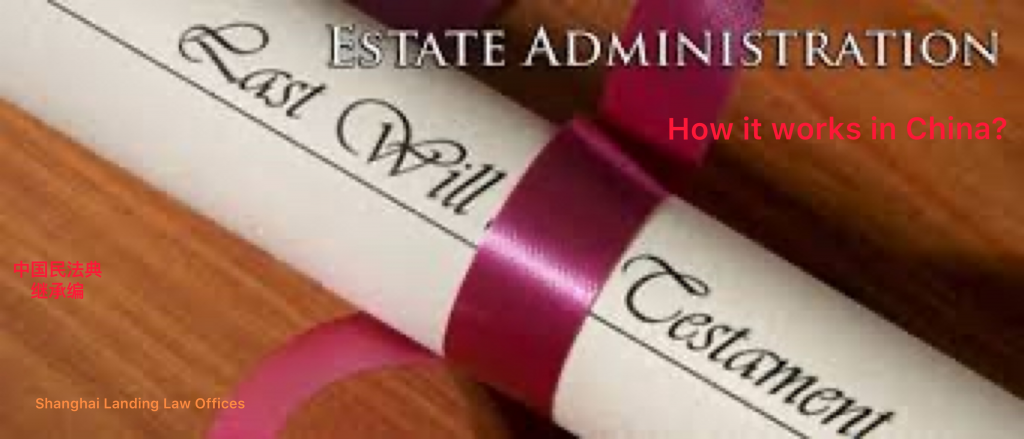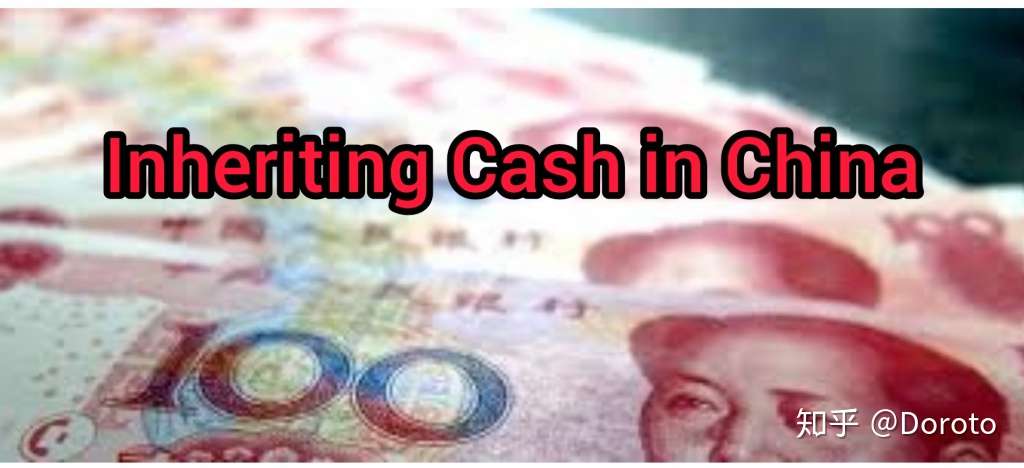It is not uncommon that a person dies during an ongoing court proceeding.
So, what will happen and ensue upon the death of a participating party to a court proceeding under Chinese laws? It is more of a procedural issue than a substantive one. Therefore, we should find answers in China Civil Procedure Law.
- Stages/Proceedings of a Civil Case under China Civil Procedures Law
We have written a post entitled “China Judicial System” introducing the general proceedings of a case. We will look at the death-related issues at different stages of court case.
(i) Proceedings of First and Second Instances
After filing of case with competent court in China, the trial proceeding starts till a judgement is delivered and comes into force, such judgments being made either by first-instance court or the appellate court (second-instance court). During the trial proceedings, if a party dies, the court will pause the trial proceeding, pending the decision of the “inheritors” to participate in the court proceedings.
After the pausing of the trial proceeding, if the plaintiff dies and has no inheritors or inheritors forsake their rights to the lawsuit, then the proceeding shall come to an end; if the defendant dies and has no estates or has no other persons to assume his or her obligations, then the proceeding shall also come to an end.
(ii) Proceeding of Enforcement
Once an effective judgement is made, the case shall then enter into the enforcement proceeding provided that there are active obligations ordered in that judgement.
Similar to that of trail proceeding, death of a party to the enforcement proceeding may lead to the pause or end of the enforcement proceeding. In the case of death of judgment debtor, the enforcement proceeding will end if there is no estate available to discharge the judgement obligations and there is no other person assuming such obligations.
(iii) Inheritors and Estate Administrators
Interestingly enough, we notice a difference when analyzing rules related to consequences of death of the parties to trial proceeding and enforcement proceeding.
In case a party to the enforcement proceeding (either enforcer or enforcee) dies, one of the judicial interpretations issued by China Supreme Court in respect of judgment enforcement, says that the estate administrator, heirs, non-heir beneficiaries or other persons receiving the estates can take place of the deceased party. But there is no such similar rule allowing an estate administrator to take place a deceased party to the trial proceeding.
It remains to be clarified by China Supreme Court whether estate administrator can be allowed to participate in trail proceedings after a party dies.
2. Estate Administrator Role under China Civil Judicial Practice
As analyzed above, China Civil Procedure Law doesn’t permit estate administrator to take part in ongoing trial proceedings, and instead, it always vests such litigation rights to the “heirs” of the deceased party. An heir as defined in China Succession Law (now the Succession Chapter in China Civil Code) always refers to one of the family members entitled to estates in the case of intestate succession, namely, parents, spouse, children and grandparents and siblings. There is an obvious problem when the deceased party to the lawsuit bequeaths his estates to a non-heir beneficiary, where the Civil Procedure Law fails to address whether such non-heir beneficiary can also continue the paused the litigation.
Indeed, in judicial practice in the past, it is rarely heard that a China court allows will executor (before the enactment of China Civil Code from January 1, 2021, there is no such a concept of estate administration in China) to participate in trial proceeding, and it is always the “heirs” who are allowed to participate in ongoing trial proceedings.
However, in judicial practice, China courts have acknowledged the power of foreign estate administrators (as appointed by foreign courts) to participate in trial proceedings. In one of the high-profile inheritance cases involving a will made in Hong Kong under which executors and trustees were appointed by probate court in Hong Kong, executors and trustees (including a Hong Kong lawyer as appointed by the will) are accepted by China mainland courts in Guangdong as having the power to take up titles of estates as per Hong Kong laws, thus allowing such executors and trustees to participate in the trial proceedings of the case of inheritance of corporate shares in a China limited liability company.
We are handling a couple of other cases involving foreign executors and trustees appointed in foreign wills. We will later on update on those cases here.
3. Conclusions
Inheritance laws are an area of legal practice that vary widely in different jurisdictions, esp as between China and other common law countries. While Hong Kong and the China mainland have made enormous efforts to bridge legal differences between two sides, we have seen substantial progress on such integration and facilitation on commercial matters and recently on divorce-related matters, but we have yet to see any breakthrough in the area of inheritance/succession laws between two sides.
Despite the huge gap between the laws of inheritance and estate administration, there are more and more cases involving cross-border inheritance and estate administration calling on courts to face up and address issues arising therefrom.








Comments